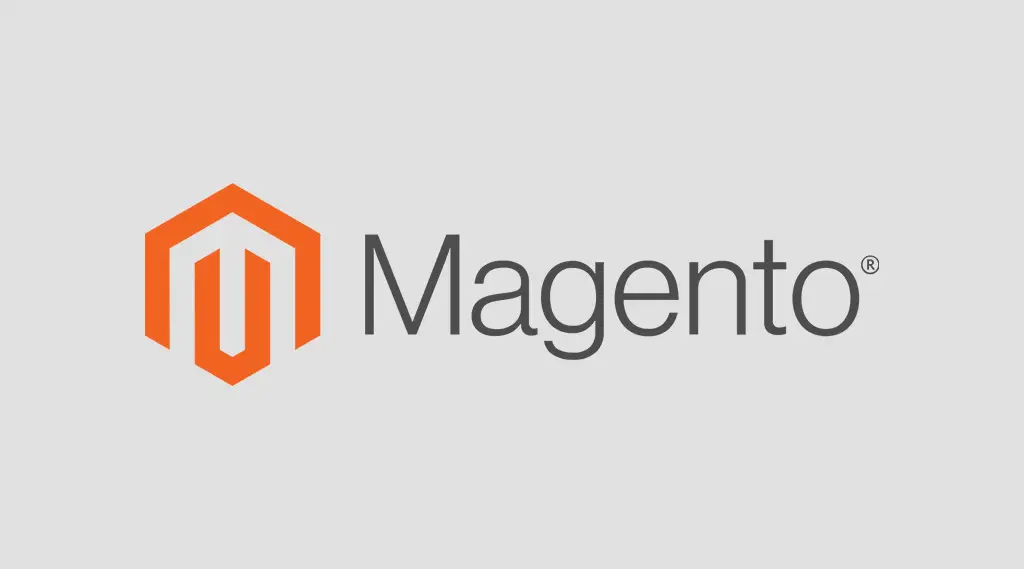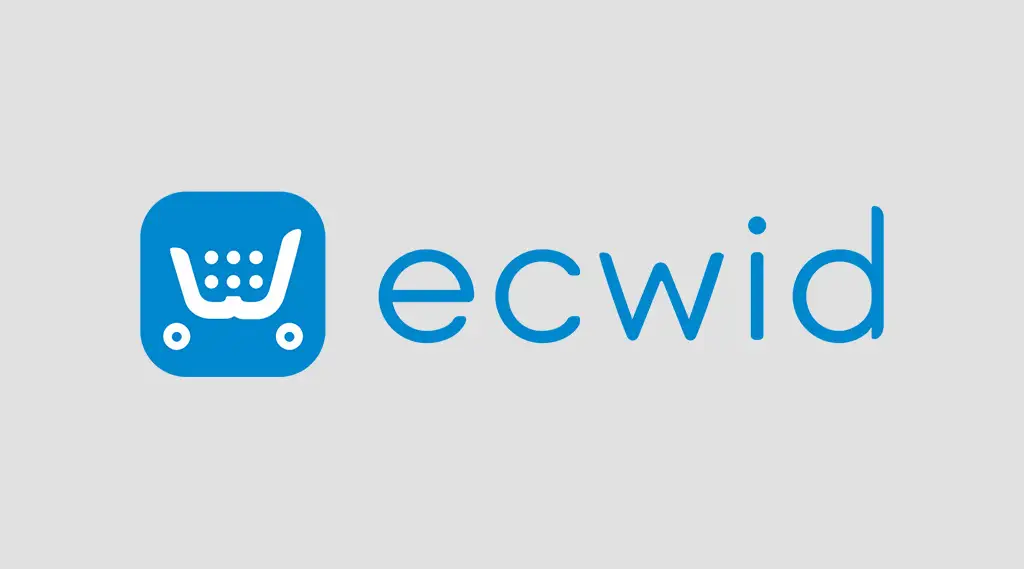
E-commerce is the new norm that has taken the world by storm. Making online stores and improving sales as a company or individual is the in thing. So, as a startup or a small business, you must learn how to improve your reach to your customers globally through ecommerce platforms.
Using marketplaces like WordPress, Wix, Shopify, or others can be a defining moment for your business. So, learning to find out the best among these is something you need to keep in mind. This article will give you all the top ecommerce platforms you need to help your marketing and sales with a boost.
Ecommerce Platforms And Their Pros And Cons
| Platforms | Pros | Cons | Pricing |
|
Shopify |
It offers 24/7 customer support, Has a vast range of applications, and a host of resources, provides a mobile version, is super easy | It causes content marketing issues, not enough Shopify developers available; it does not have any free version | $29, $70, $299 |
| Joomla | Sorting and offers categorization, has an intuitive user interface, no coding required | Less free functionalities, Scalbility issues, complex than WordPress, | $99, $199, $399 |
| Magento | allows scaling, payment, and checkout functionalities, easy customization | not easy, dedicated hosting is required, and it is challenging to build a store | Free
|
| WordPress
|
SEO-friendly, developers easily available, you can customize it with coding, it is Free | Its functionalities can be super costly, can get slow at times, customer support not reliable, and challenging to set up | Free |
| Wix
|
Allows multilingual websites, has social selling, can create own coupon builder, | scaling issues, smaller businesses only, | Free, $4, $8, $12, $24
|
| Ecwid | It allows you to integrate with WordPress; its price is not too high, works for Mobile ecommerce | It does not have a mobile page version for product pages, its prices vary for the regions, less impressive features, and no phone support for smaller versions
|
Free, $14, $29, $82
|
Shopify
Shopify is one of the best ecommerce platforms for any organization, from startups to fully-developed ones. So, making you get Shopify allows you to cash on several benefits they provide.
Pros of Shopify
- Setting up Shopify is super easy.
- You can try their marketing tools that cover every need you would have.
- Their mobile version is also reliable, with a dedicated shopping cart for such devices.
- There is a host of resources for learning the platform.
- They have a vast range of applications you can avail of.
- 24/7 customer support allows a great experience for users with the solutions they need.
- Their hosting and other tools are beneficial with every problem solution on the platform.
- It is a reliable and secure platform for your e-commerce stores.
- Automated emails can help you get more conversions enabled by Shopify.
- Code customization is an available option you can rely on.
- You can integrate a host of tools with your store ensuring solutions for sellers on the platform.
- It is one platform that offers the widest range of businesses.
- Shopify allows easier dropshipping with integrations and tools.
- There are tools like Cart to Cart for store migration from Shopify.
- They have their payment method easing things up for users and buyers.
Cons
- Shopify has no free version, making it costly as a startup.
- The number of Shopify developers is low, which makes it challenging to get qualified resources for your business.
- Although it has SEO and marketing parts, you may face content marketing issues.
Joomla
Joomla is an open-source content management system you can use for your websites. It is a fantastic e-commerce platform allowing your content marketing on the same platform. For instance, it offers menus, articles, and even sub-menus for your websites.
Pros of Joomla
- It is one of the few CMS options with no coding required for the development.
- Using it is simple, and you have a complete article section.
- Joomla allows you to improve your performance on your websites. For this, there are a host of integrations you can try.
- Some experts rate it better than WordPress for their intuitive user interface.
- You can categorize its elements in your admin interface to make necessary sections.
- Joomla is a perfect CMS for a team looking for sorting features.
- It also offers a wide range of extensions making your work easy. And its templates also suit multiple industries. Paid templates are even better, and it works for many websites.
- Using it for SEO is simple, and it works superbly. You can monitor your results with analytics as well.
- It is among the tools that have a lot of resources available.
- Joomla allows you to make changes to your blogs without coding.
- Overall, it is an easy CMS with easy installation and use. And it allows you a one-click update.
- You can use its ability to give editing permissions as you like. So, it works well when you have multiple users on your website and want to classify their editing powers.
Cons of Joomla
- Joomla may be a great CMS, but it is still more complex than WordPress.
- It has powerful features and may not be as developed as other CMSs.
- As e-commerce websites get many users, managing them may be difficult for the CMS.
- It isn’t easy to find free functionalities when it comes to Joomla. On the other hand, WordPress has many free plugins you can avail of.
- Sometimes, you need to know how to code to remove any issues from your site when using Joomla.
- When using newer versions and older ones, it may get complicated. For example, old website elements may stop working after an update of the CMS.
- It does not have a high number of extensions like other platforms.
- Updating to the newest version is also essential to secure your site.
Magento
Magento is one of the most famous tools you can find for e-commerce. They have many features that allow you to make websites that suit e-commerce needs. Here are some features that allow you to make a change that matters to you.
This tool is an excellent option for a digital organization with developers. Its features allow B2B companies a host of features, which means they have the best chance to thrive on these. In addition, some unique features like multiple stores, languages, and currencies allow more flexibility.
A huge community knows this tool well, so you can easily get quality resources. At the same time, it allows you to scale your business easily.
Pros of Magento
- They even have a search engine that allows for scaling your e-commerce businesses.
- It has mobile optimization for your shops alongside payment and checkout functionalities you can rely on.
- The premium version of the tool allows you to customize your customers’ access.
- Its versions also allow you easy customization and page speed improvements.
- Joomla dashboard is easy, and you can use it to create website content.
- If you want to do search engine optimization, you can use it for that purpose.
- Its version allows you to generate customer segmentation to measure your customers.
- You get the ability of instant purchase and management for catalogs you design for your store.
- It takes care of your security issues and provides team support.
- Like Shopify, Magento allows you to send automated emails to potential customers.
Cons of Magento
- Building stores on Magento is difficult, and you need a dedicated team.
- Magento is a setup that needs dedicated hostings to make it fast-loading.
- Building a store with Magento is a challenging game, which may be impossible without development skills.
- Customizing your Magento stores would take longer than its competitors.
- At the same time, you must spend a lot of time and energy on your projects.
WordPress (Woocomerce)
WordPress is a great tool you can rely on when making a website. There are a host of benefits WordPress, in general, and Wocommerce setups provide, in particular. Wocommerce allows a perfect e-commerce website design. So, here are some benefits you can reap:
Pros of Wocommerce for Startups
- When it comes to pricing, WordPress is Free.
- It is one of the best CMS due to its ability to work or multiple business models. In addition, you can customize it with coding or with functionalities they allow you for its use.
- It is quite easy to use, and many developers are available, making it an excellent tool for startups that can easily find developers.
- The functionalities and SEO-friendly advantages you get can help you make your website rank better. Of course, this also goes to the extent of mobile-responsive solutions.
- Plugins and themes make it versatile and so amazing to use.
- Wocommerce development has the potential to be super pleasing in visual appeal.
- When it comes to learning resources, WordPress fame makes a considerable impact. You can find learning resources from YouTube, Google, and other multiple course providers. So, an easy solution to problems you may face during development.
- Woccomerce websites also get a decent level of security, which allows ease when doing business online. Multiple payment methods make it even better for an e-commerce startup.
Cons of Wocommerce
- One disadvantage of Woocommerce is that it has difficulty in setting up processes.
- There is no strong customer support for users.
- Adding functionalities may cost you due to paid features you may have to buy.
- The platform may be difficult if you lack IT or computer knowledge.
- Another thing about it is you can not have many features like other platforms.
- It can be slow at times. One thing to remember is there are better options oriented toward e-commerce.
- Advanced functionalities can be super costly.
Wix for E-commerce
Wix is a huge ecommerce platform with many features that beat multiple of its competitors in e-commerce. It is a website builder with no hosting or domain purchase required. So, it works from start to end without any need for serious development skills. Here are some pros of Wix that work as one of the best e-commerce platforms for startups.
It is a great e-commerce website builder that improves your marketing and sales.
Pros of Wix for E-commerce
- If you want to ensure you see what your website will look like after edits, it allows you to do that.
- Wix has a coupon builder you can use for your stores.
- It is a perfect platform for social selling you can do with it.
- Wix allows you to create multilingual websites.
- You can use it to sell on Instagram as well.
- It offers 250 plus apps for modifications and customization.
- Wix has an abandoned cart recovery feature making E-commerce easy.
- Using it for e-commerce websites is easy as you can drag and drop to make your website.
Cons of Wix
- It cannot be easy to design an e-commerce website as you do not have set templates that you would like to have for a built-in symmetry.
- It would be best for smaller businesses only.
- The platform may hinder your store’s scaling and growth.
- Wix may not work well for larger stores due to its low bandwidth.
- Moreover, it has some restrictions in customization and versatility.
Ecwid And E-commerce Integration
When it comes to integrations with ecommerce platforms, you can try Ecwid for multiple. So, there are some pros you can cash on when using it. It would be great to give you tools other than platforms you could use to sell online.
Ecwid Integrations
- Joomla
- Drupal
- Facebook Store
- Instagram Store
- Sell everywhere
- ShopApp
- Google Shopping
- WordPress
- Buy button
Pros of Ecwid
- You can integrate it with WordPress with support for themes.
- It does not cost you much, making it great for startups.
- Mobile e-commerce is a great tool feature, allowing you to sell big.
- It allows you to export products from Wocommerce sites.
- The tool has a mobile experience that works perfectly.
- Ecwid can help you sell on websites, social platforms, Google, marketplaces, and even Amazon.
- The tool has features that give details about the delivery of products.
- Its integrations allow you to sell anywhere to anywhere globally.
- It supports multiple language versions to meet your selling needs.
Cons of Ecwid
- It has phone support for all plans but is only available for expensive plans.
- Marketing features are not as good as some competitors.
- The point-of-sale system’s important mobile sales feature is only available for iOS. So, your sales may not come from other operating systems or mobile devices with automation.
- Its prices vary for the regions you are from, which may make it costly.
- Amplified mobile page versions are not available for the product pages of the tool. Such pages allow you to speed up your websites.
Final Thoughts
Ecommerce Platforms like Wix, Shopify, Wocommerce, Ecwid, Joomla, and Magento can help you sell online. These website builders and tools are a great way to build impressive online stores for your business. Using them can help your marketing to grow and sell more.








Leave a Comment